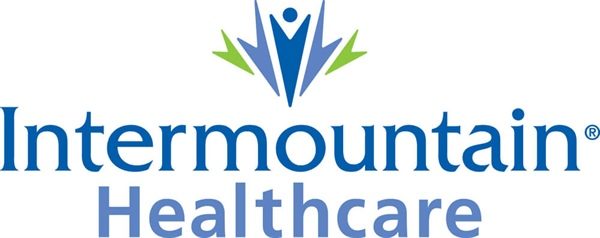The key to delivering better, safer health care lies in applying rigorous quality improvement and measurement tools to treatment processes, says the man behind Intermountain Healthcare’s improvement journey.
For nearly 30 years, Dr. Brent James has worked to improve patient care by working with clinical teams to develop care standards and measurement systems to support learning and improvement for a wide range of patient needs and care processes. He is currently Chief Quality Officer and Executive Director at the Intermountain Institute for Healthcare Leadership in Salt Lake City, Utah.
On September 30 Dr. James addressed a group of 75 Saskatchewan physicians, quality improvement specialists, and other health care system leaders via videoconference, as part of the launch of the province’s new Appropriateness of Care Network.
Dr. James is no stranger to the Saskatchewan health care system. He was keynote speaker at the Health Quality Council’s 2013 Quality Summit, where he spoke on the topic of ‘Increasing value, saving lives: Health care in a new era.’ He has also had multiple opportunities to meet with Saskatchewan physicians since then.
At the recent event Dr. James had several key messages to share with his Saskatchewan audience. These included the concept that – backed by good science – there are many opportunities to provide better health outcomes and better health care systems. He emphasized the importance of integrating the scientific method into care design and delivery.
His presentation also reinforced that no two patients are the same and, as a result, clinical guidelines are not the best fit for every patient. When evidence-based guidelines (standards) are built into clinical workflow, patients will receive the most appropriate care – which is frequently less costly than other treatment options. However, Dr. James is not advocating ‘cook book’ medicine. He encourages clinical teams to not follow the guideline when it is not appropriate for a particular patient – as long as they record why the guideline did not fit in that case, so that it can be continually improved.
Dr. James used real-world examples – such as the evidence-based use of cardiac interventions at Intermountain – to demonstrate how his team maintained excellent patient outcomes while reducing costs linked to variations in practices.
“It was great to see such an engaged audience absorbing Dr. James’ ideas and thinking about how we can apply them in Saskatchewan,” says HQC Chief Executive Officer Gary Teare. “He explained how things like large variation in clinical practices and high rates of inappropriate care offer rich opportunities for quality improvement.”
“Brent James presented a compelling rationale for developing an appropriateness-based model for high quality health care delivery. He urged Saskatchewan to adopt an appropriateness-based model if we are to develop a health care system that is sustainable,” says Dr. Guruswamy Sridhar, a Respirologist with the Regina Qu’Appelle Health Region, who attended the event.
Saskatchewan’s other link to Intermountain is that health system’s miniAdvanced Training Program (miniATP). In recent years, HQC and the Saskatchewan Medical Association (SMA) have partnered to sponsor physicians to attend the miniATP in Utah with the intention of building capability within this province’s health care community.
Now HQC is launching a sister program to Intermountain’s miniATP in the form of the new Clinical Quality Improvement Program (CQIP). Doctors and other health professionals with an interest in clinical quality improvement are encouraged to apply to CQIP by October 21, 2016. The program begins in January 2017.



